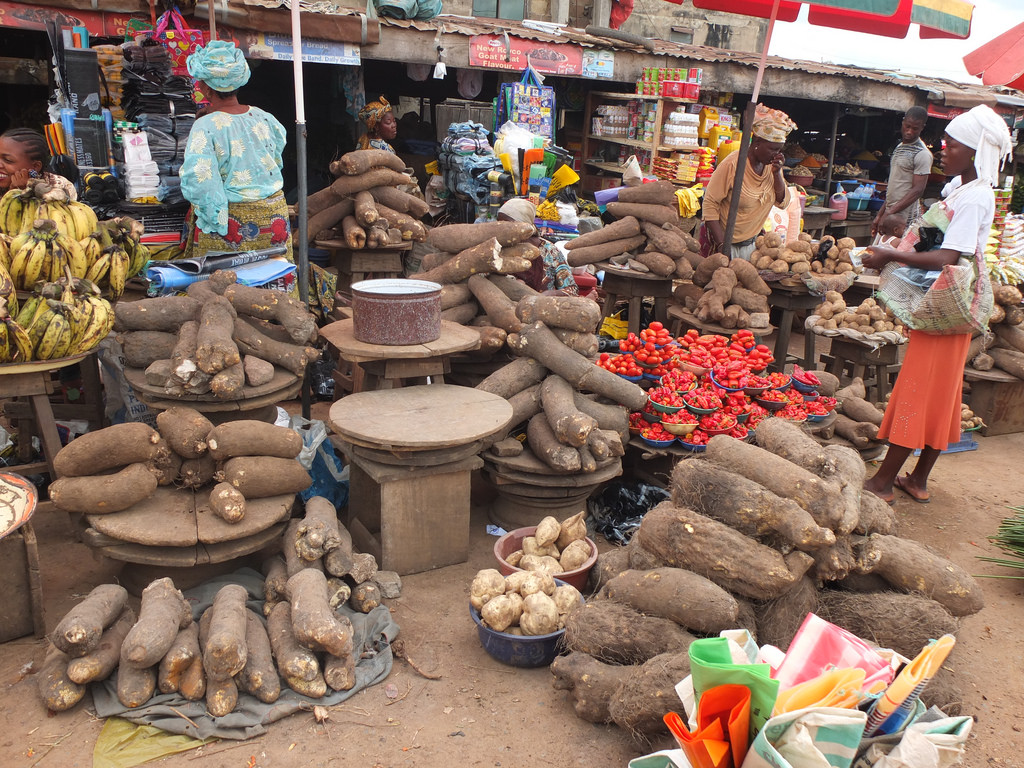The Central Bank of Nigeria (CBN) has warned that its economic and financial policies would amount to nothing if the issues around food prices volatility could not be addressed as a nation.
The governor of the apex bank, Mr Godwin Emefiele, made this remark in a message to the input distribution flag-off and loan recovery drive under the RIFAN-CBN Anchor Borrowers’ Programme (ABP).
Emefiele, whose message was delivered by Mr Edward Adamu, CBN’s Deputy Governor, Corporate Services, noted that “With a population of about 200 million people, importation of any major food item will continually drain the country’s external reserves, export our jobs to countries where those food items are produced and distort our commodity value chains as we will not be able to guarantee the supply of raw materials for the agro-allied companies.’’
The CBN governor, who stressed the commitment of the present administration to attain self-sufficiency in rice production by the end of 2020 dry season, noted that the Anchor Borrowers’ Programme has proven to be a game-changer in the financing of smallholder farmers in Nigeria as it has revolutionised agricultural financing and remained the fulcrum of the country’s agricultural transformation initiatives.
He said the programme, beyond being a tool for economic empowerment, job creation and wealth redistribution, has also galvanised financial inclusion in rural communities.
On loan recovery, Emefiele said despite the devastation caused by numerous flood incidents in the 2018 wet season, farmers have been submitting produce and cash as part of their loan repayment but pleaded with the association to intensify efforts in that regard in the spirit of the partnership and sustainability of the programme.
The CBN governor said beyond rice, the Commodity Association Window has been expanded to cover more commodities like maize, cassava, sorghum, soybean, ginger etc and hoped that the efforts would contribute to the national aggregates and galvanise its drive to economic diversification.

 Join Daily Trust WhatsApp Community For Quick Access To News and Happenings Around You.
Join Daily Trust WhatsApp Community For Quick Access To News and Happenings Around You.

